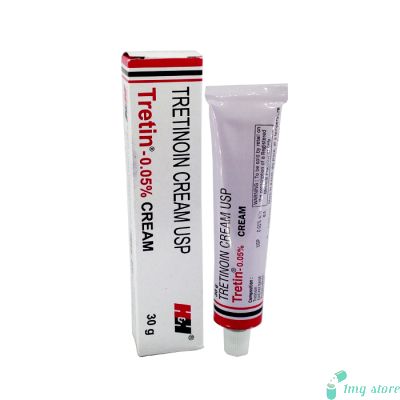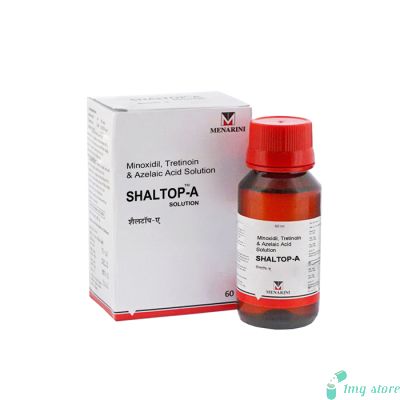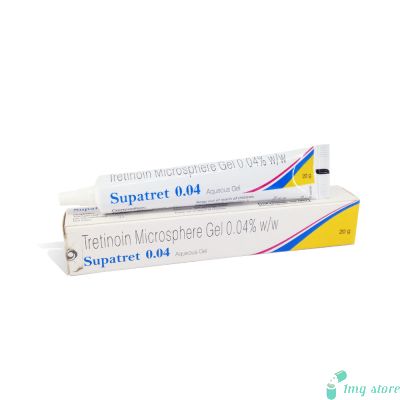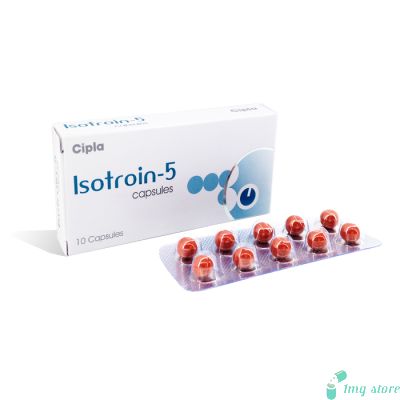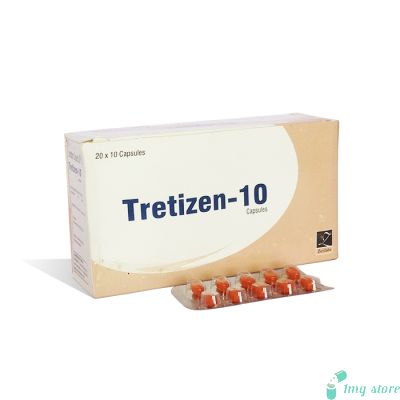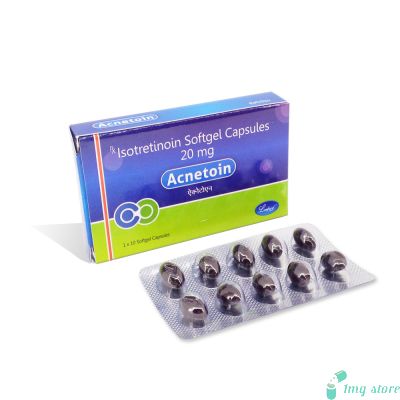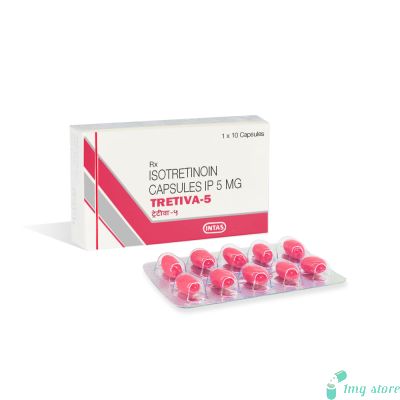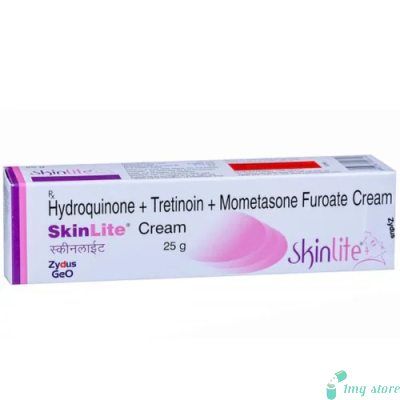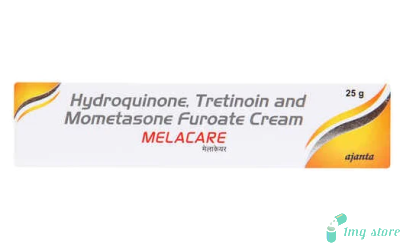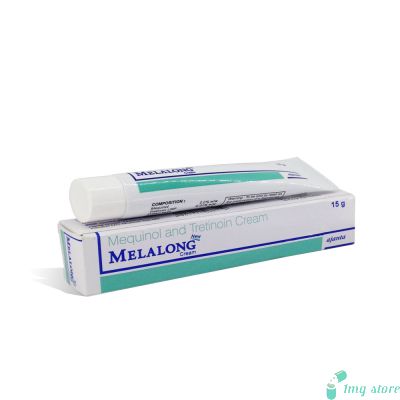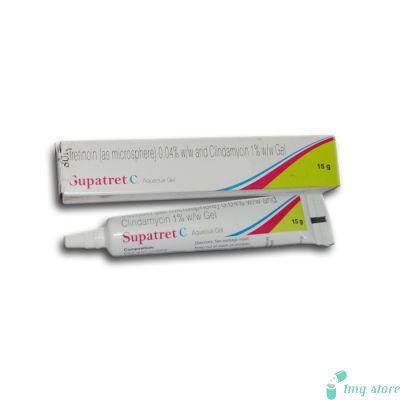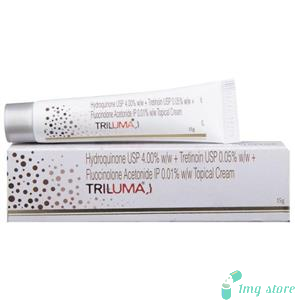CA Atra Softgel Capsule (All Trans Retinoic Acid)
All-trans Retinoic Acid (ATRA) Softgel Capsule, commonly known as CA Atra, is a medication widely used in the treatment of acute promyelocytic leukemia (APL), a specific type of blood cancer that affects the myeloid cells in the bone marrow.
Introduction of CA Atra Softgel Capsule (All-Trans Retinoic Acid)
All-trans Retinoic Acid (ATRA) Softgel Capsule, commonly known as CA Atra, is a pharmaceutical formulation of a synthetic derivative of vitamin A. It is a medication widely used in the treatment of acute promyelocytic leukemia (APL), a specific type of blood cancer that affects the myeloid cells in the bone marrow. CA Atra works by differentiating and maturing the abnormal promyelocytes, leading to the restoration of normal blood cell production.
Dosage Information:
The dosage of CA Atra is determined by a physician based on several factors, including the patient's age, weight, overall health condition, and the severity of leukemia. It is essential to strictly adhere to the prescribed dosage and follow the doctor's instructions throughout the treatment period. CA Atra Softgel Capsules are usually taken orally with water and can be taken with or without food. To avoid potential stomach upset, it is advisable to take the medication after meals. Patients should not chew or crush the soft gel capsules but swallow them whole. The typical recommended dosage for adult patients with APL is around 45 mg/m² per day, divided into two equal doses. The treatment course is often divided into several cycles, and the duration of each cycle can vary depending on the patient's response to therapy. Medical professionals closely monitor patients' progress during the treatment and may adjust the dosage accordingly. It is crucial not to miss any doses of CA Atra during the treatment period. In case of a missed dose, patients should contact their healthcare provider immediately for further instructions. However, patients should not take a double dose to make up for a missed one. All-trans retinoic acid capsules, including CA Atra Softgel Capsules, are a systemic form of retinoids that are taken orally. These capsules deliver retinoic acid throughout the body, affecting various tissues and cells, including malignant cells in APL. The capsules are designed to be easily swallowed and provide a convenient method of administering retinoic acid in a controlled dosage.
All-trans Retinoic Acid Softgel Capsule (CA Atra) is a pharmaceutical formulation primarily used in the treatment of acute promyelocytic leukemia (APL), a specific type of blood cancer. This neurology drug and anti-cancer medication contain all-trans retinoic acid, a synthetic derivative of vitamin A. CA Atra works by inducing differentiation and maturation of abnormal promyelocytes in the bone marrow, leading to the restoration of normal blood cell production. It is considered a breakthrough in Anti-Cancer therapy, particularly in the field of neurology, as it has significantly improved the prognosis and outcomes for patients with APL.
CA Atra Tablet for Leukemia:
CA Atra Tablet, or CA Atra Softgel Capsule, is a formulation specifically developed for the treatment of acute promyelocytic leukemia (APL). It is an essential component of the standard chemotherapy regimen used for APL and has significantly improved the prognosis of APL patients over the years. The CA Atra Tablet contains all-trans retinoic acid, which acts on the abnormal promyelocytes in the bone marrow, inducing their differentiation and leading to remission.
CA Atra Tablet Substitute:
CA Atra (all-trans retinoic acid) is a medication commonly used in the treatment of acute promyelocytic leukemia (APL). While there is no exact substitute for CA Atra, alternative treatments for APL may include:
Arsenic trioxide: Arsenic trioxide is another medication used for the treatment of APL. It can be used alone or in combination with other therapies, including chemotherapy.
Chemotherapy: In some cases, chemotherapy drugs such as anthracyclines (e.g., daunorubicin) and cytarabine may be used to treat APL.
Important Precautionary Measure To Be Noticed While using CA Atra Softgel Capsule (All-Trans Retinoic Acid)
Pregnancy and Breastfeeding: CA Atra Softgel Capsules are contraindicated during pregnancy as retinoic acid can cause severe birth defects. Women of childbearing age should use effective contraception during the treatment and for at least one month after discontinuing CA Atra. Breastfeeding mothers should also avoid using this medication, as retinoic acid can pass into breast milk and harm the nursing infant.
Liver and Kidney Function: Patients with impaired liver or kidney function should use CA Atra with caution. Dose adjustments may be necessary, and regular monitoring of liver and kidney function is recommended to ensure safety and efficacy.
Hypersensitivity: Individuals with a known hypersensitivity to retinoids or any of the components in CA Atra should not use this medication. Allergic reactions can range from mild skin irritation to severe anaphylaxis, which requires immediate medical attention.
High Cholesterol and Triglycerides: CA Atra may increase cholesterol and triglyceride levels in some patients. Regular monitoring of lipid profiles is essential, especially in individuals with pre-existing hyperlipidemia or those at risk of developing it.
Bone Resorption: Retinoic acid may cause increased bone resorption, leading to bone density reduction and bone pain. Patients with a history of osteoporosis or at risk of developing it should use CA Atra with caution, and bone health should be monitored during the treatment.
Intracranial Hypertension: In rare cases, retinoic acid has been associated with increased intracranial pressure, leading to headaches, visual disturbances, and other neurological symptoms. Patients experiencing such symptoms should seek immediate medical attention.
Vitamin A Supplementation: Avoid concurrent use of vitamin A supplements while on CA Atra therapy, as it can lead to excessive vitamin A levels in the body and increase the risk of adverse effects.
Primary Application of CCA Atra Softgel Capsule (All-Trans Retinoic Acid):
Acute Promyelocytic Leukemia (APL) Treatment: The primary and most crucial use of CA Atra Softgel Capsules is in the treatment of acute promyelocytic leukemia. When used in combination with other chemotherapeutic agents, such as arsenic trioxide, CA Atra induces differentiation of the malignant promyelocytes, leading to remission and improved prognosis in APL patients.
Other Cancer Therapies: Aside from its role in APL, CA Atra is a Life Saving Drug, being studied for its potential therapeutic benefits in various other types of cancers, including lung cancer, breast cancer, and ovarian cancer. However, its efficacy and safety in these conditions require further research and clinical trials.
Dermatological Applications: In topical formulations, retinoic acid (the active form of ATRA) is used in dermatology for treating conditions like acne, photodamage, and keratosis pilaris. It helps to promote skin cell turnover, reducing acne lesions and improving overall skin texture.
Differentiation Therapy Research: Beyond its established clinical uses, researchers are actively investigating the potential of retinoic acid derivatives in differentiation therapy for other cancer types.
Major Secondary effects of CA Atra Softgel Capsule (All-Trans Retinoic Acid):
Skin Dryness and Irritation: One of the most common side effects of retinoic acid is skin dryness, peeling, redness, and irritation. These effects are usually mild to moderate and can be managed with appropriate Skincare.
Photosensitivity: CA Atra may increase the skin's sensitivity to sunlight, leading to an increased risk of sunburn and skin damage. Patients should avoid excessive sun exposure and use a broad-spectrum sunscreen with a high SPF rating.
Conjunctivitis: Retinoic acid can cause inflammation of the conjunctiva, leading to redness, itching, and irritation of the eyes. If these symptoms occur, patients should seek medical advice.
Elevated Liver Enzymes: CA Atra may cause transient elevations in liver enzymes. Regular monitoring of liver function tests is necessary to detect any abnormalities promptly.
Musculoskeletal Symptoms: Some patients may experience bone pain, joint pain, or muscle pain during treatment with retinoic acid. If these symptoms are persistent or severe, medical attention should be sought.
Hematologic Effects: CA Atra can affect the production of blood cells, leading to anemia, leukopenia, or thrombocytopenia. Regular blood tests are conducted to monitor blood cell counts during the treatment.
Headache and Dizziness: These symptoms may occur due to increased intracranial pressure in rare cases. If persistent or severe, medical evaluation is necessary.
Frequently Asked Queries About CA Atra Softgel Capsule (All-Trans Retinoic Acid)
Can I use topical retinoids while taking CA Atra Softgel Capsules?
Answer: It is generally not recommended to use topical retinoids while taking CA Atra, as it may increase the risk of vitamin A toxicity. However, it is best to consult with your healthcare provider for personalized advice based on your specific condition.
Is it safe to consume alcohol while on CA Atra treatment?
Answer: It is advisable to avoid alcohol consumption during CA Atra treatment, as it may increase the risk of liver toxicity. Alcohol can also worsen certain side effects of the medication, such as dizziness and headache.
Can CA Atra Softgel Capsules interact with herbal supplements?
Answer: Yes, some herbal supplements containing vitamin A or its derivatives may interact with CA Atra. It is important to inform your healthcare provider about any herbal supplements you are taking to ensure there are no potential interactions or increased risk of vitamin A toxicity.
Are there any specific dietary restrictions while on CA Atra treatment?
Answer: There are no specific dietary restrictions associated with CA Atra treatment. However, maintaining a balanced and healthy diet is generally recommended to support overall health and well-being.
Can CA Atra Softgel Capsules cause hair loss?
Answer: Hair loss is not a common side effect of CA Atra. However, some patients may experience hair thinning or changes in hair texture. If you notice significant hair loss or any concerns about your hair, it is advisable to discuss it with your healthcare provider for further evaluation.
Drug Connections With CA Atra Softgel Capsule (All-Trans Retinoic Acid)
Other Retinoids: Concurrent use of other retinoid medications, such as isotretinoin, may increase the risk of vitamin A toxicity and its associated adverse effects.
Tetracycline Antibiotics: The use of tetracycline antibiotics with CA Atra may increase the risk of developing a condition known as pseudotumor cerebri (benign intracranial hypertension). Therefore, the simultaneous use of tetracycline antibiotics and CA Atra should be avoided.
Systemic Steroids: The combination of systemic steroids and CA Atra may increase the risk of developing a condition called retinoic acid-steroid syndrome. This syndrome can lead to fluid retention, peripheral edema, and pleural effusions. Close monitoring is necessary if both medications are used together.
Contraceptives: Some forms of hormonal contraceptives, such as progesterone-only pills, may reduce the efficacy of retinoids. Patients using hormonal contraceptives should consider additional or alternative birth control methods during CA Atra treatment.
Herbal Supplements: Herbal supplements containing vitamin A or its derivatives should be avoided while taking CA Atra, as they may increase the risk of vitamin A toxicity.
| Manufacturer | : | Jenome Biophar Pvt. Ltd. |
| Equivalent Brand | : | Retin-A / Vesanoid |
| Generic Search | : | (All Trans Retinoic Acid) Tretinoin |









